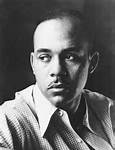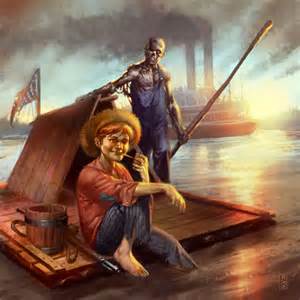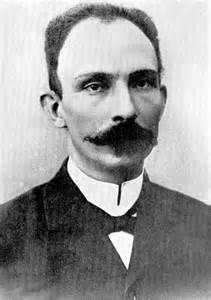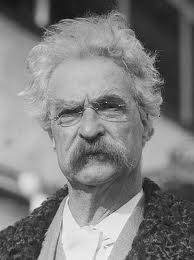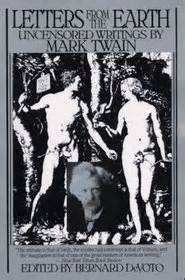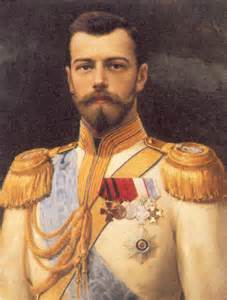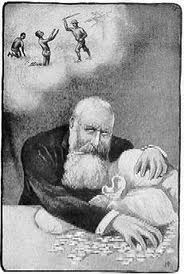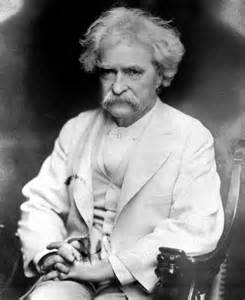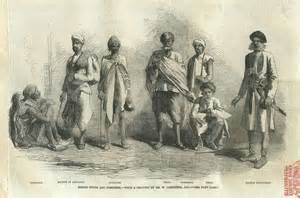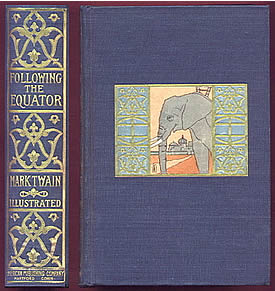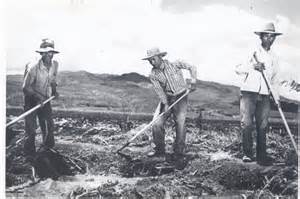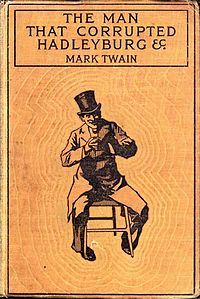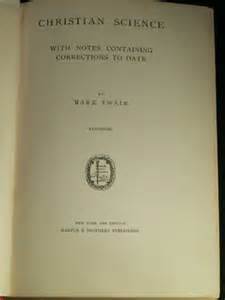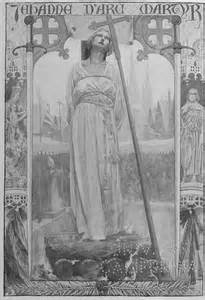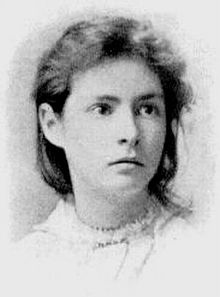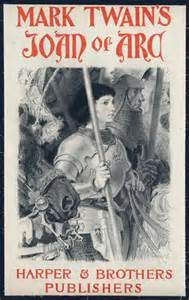Historically this is but a part of that larger conflict between older, dominant groups of white Americans, especially the Anglo-Saxons, on the one hand, and the newer white and non-white groups on the other, over the major group’s attempt to impose its ideals upon the rest, insisting that its exclusive image be accepted as the image of the American. This conflict should not, however, be misunderstood. For despite the impact of the American idea upon the world, the “American” himself has not (fortunately for the United States, its minorities, and perhaps for the world) been finally defined. So that far from being socially undesirable this struggle between Americans as to what the American is to be is part of that democratic process throughout which the nation works to achieve itself. Out of this conflict the ideal American character—a type truly great enough to possess the greatness of the land, a delicately posed unity of divergences—is slowly being born. Ralph Ellison, pp. 254–255
This will be my final post about Mark Twain, unless the Library of America decides to publish his autobiography or 1601 or some of the other “forgotten” works. The Mark Twain Anthology is a collection of articles, reviews, and analyses of Mark Twain and his works from a diverse group of writers, many non-Americans. In my last post, I looked at the first half of this collection where I found writers attempting to come to terms with first the rise of Twain’s unique voice and then confronting his overwhelming cultural power. I discussed how some saw him as the first unreflective American writer (that is American by nature, not as part of a rebellion against European writers and culture). Many non-American writers were interested in Twain as for his anti-colonial stance. In the later 20th century, writers started to impose on Mark Twain a variety of different political perspectives. Identity politics is reflected in much of the commentary on Twain, as was the Cold War.
I noticed three competing narratives about Mark Twain during the Cold War. The first is pursed largely in the United States and concerned identity politics and the quest to define America at a time when the global stakes were high. At times, it was simply a matter of imposing on Twain one particular group perspective, such as in Leslie Fiedler’s attempt in “Come Back to the Raft, Ag’in, Huck Honey” to suggest that Huckleberry Finn was part of a common trend in American literature to idealize same sex love. Fiedler wants to look to how children would have read these relationships. He goes so far as to call it a mythos in American literature. For T. S. Eliot, Huckleberry Finn, through the use of the River, provides a broader understanding of the American. He sees “no wisdom” in Twain’s later cynicism and pessimism, but sees hope for American unity in the relationship between Huck and Jim. Ralph Ellison suggests that “the Negro body” is the symbol of man in American literature, providing its moral center and the foundation for some cultural unity. “It is not accidental that the disappearance of the human Negro from our fiction conincides with the disappearance of deep-probing doubt and a sense of evil.” (263) In the context of the Cold War and the struggle for civil equality, Ellison suggests this is a necessity.
A second trend is reflected in W. H. Auden’s essay comparing Huck Finn and Oliver Twist. Auden, an English poet, like many others was struggling with the definition of “Western Civilization,” emerging in the context of the Cold War. Like writers knew, the political alliance between England and the United States betrayed significant cultural divisions running through “Western Civilization.” Auden points out a different view of nature. Americans see nature is a savage other to be endured, while in England nature is a cozy and caring mother, subdued and conquered. He also noticed a different human nature. For Americans human nature’s perfection has not been reached, hence stories like Huckleberry Finn look toward moral progress. He also looks at money. While the English see money as power, Americans saw money as “something you extract in your battle with the dragon of nature, represents a proof of your manhood.” (250)
Taking the same question to the Pacific we have a wonderful article by Kenaburo Oe, who read Huckleberry Finn as a child when Americans bombs were dropping on Japanese cities. For him, Huck Finn represented an image of personal freedom, self worth, and moral heroism at a time when Japanese youth were taught to kill themselves at the emperor’s command. Oe is still troubled by the fact that American imperial violence in Vietnam shared little in common with what he saw of American in its literature.
This does not concern the superficial amusement of finding the heirs of Huckleberry in hippies and calling all other average Americans, all together, squares, along with Tom Sawyer. Rather, in my clear and extensive impression I might even call classical, I felt, in today’s America, for example on Fifth Avenue, in New York, the existence of Americans with their destitute hearts listening to the calls of nighthawks and the barks of dogs in the depths of forests. I think I will think about it anew as one way the Americans who are the descendants of the Oscar Handlin’s so-called “uprooted” can exist in the great forest of ultra-modern civilization.
With these two articles, we see that in the Cold War, there was a search for understanding among allies and Huck Finn was not uncommonly at the center of those musings. Notice also, that while in the early twentieth century, Mark Twain was being seen as the American ambassador to the world. But by the 1950s and 1960s that role had been taken over by Huckleberry Finn.
A third trend during the Cold War musings on Mark Twain was the voices coming out of the Communist world. While Americans and their allies explored questions of identity, Russians and Chinese were using Mark Twain to remind the world of the moral failings of the United States. They gravitated toward the more pessimistic Twain who wrote on the faults of American capitalism, slavery, and the horrors of empire. Lao She hits all of these points in his 1960 speech “Mark Twain: Exposer of the ‘Dollar Empire.’” These themes get picked up in some of the post-Cold War writings on Mark Twain by Americans, when questioning America’s empire and its place in the world became more common.
I do not think it is a bad thing that we find people all around the world using Twain to ask questions that shape their lives. He was the sort of undogmatic writer who is sometimes difficult to pin down. Like Richard Wagner, who wrote each opera with a unique theme and sound, Twain’s novels are distinct. Even individual works often contain several motifs. In A Tramp Abroad we get descriptions of German university life alongside retelling of American folklore. As this blog is attempting to get at the anarchist heart of the American literary tradition, the fact that a giant like Mark Twain is so hard to nail down is significant. One thing that almost everyone agreed on, however, was that the moment when Huck Finn chose the struggle for freedom over the values of community is the heart of Twain’s moral vision. If that is in truth the central moment in American literature, it may be enough to make my case.
